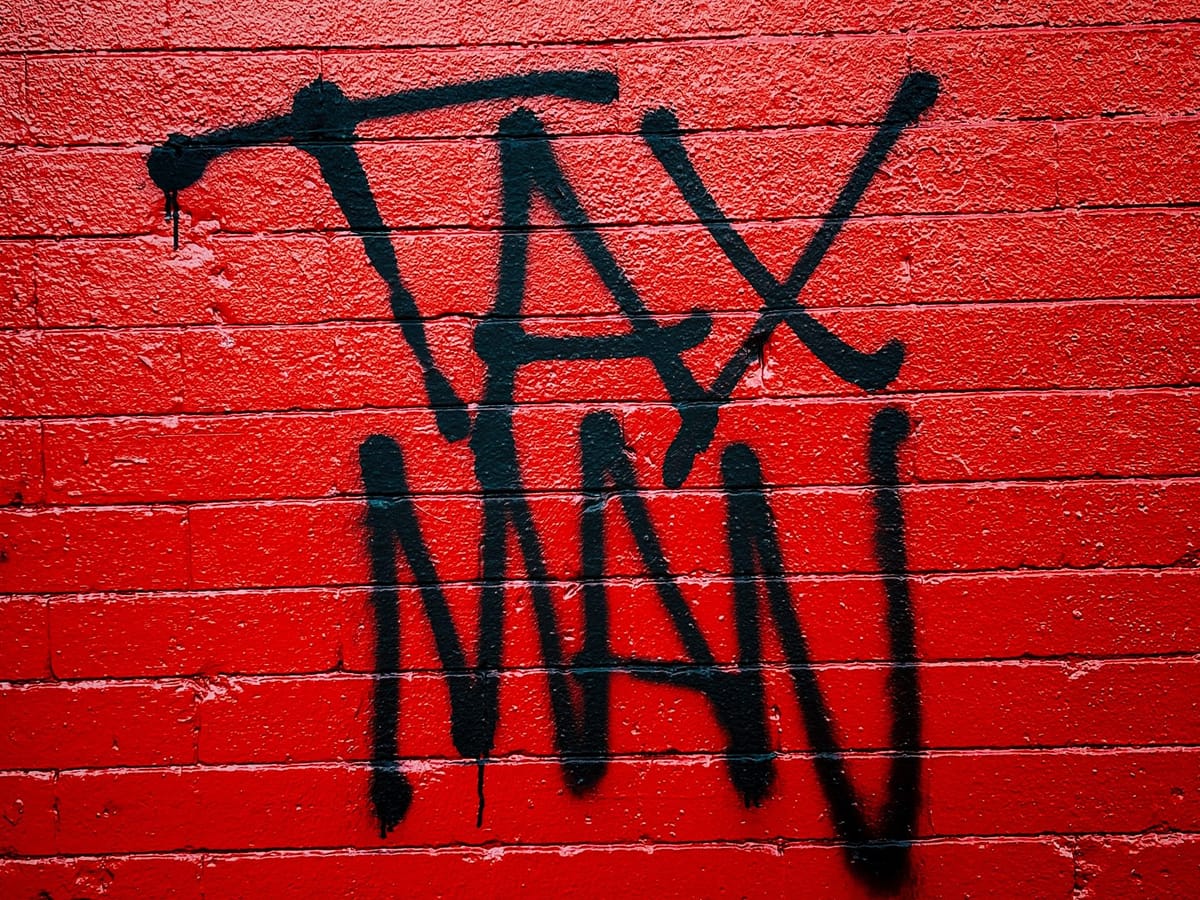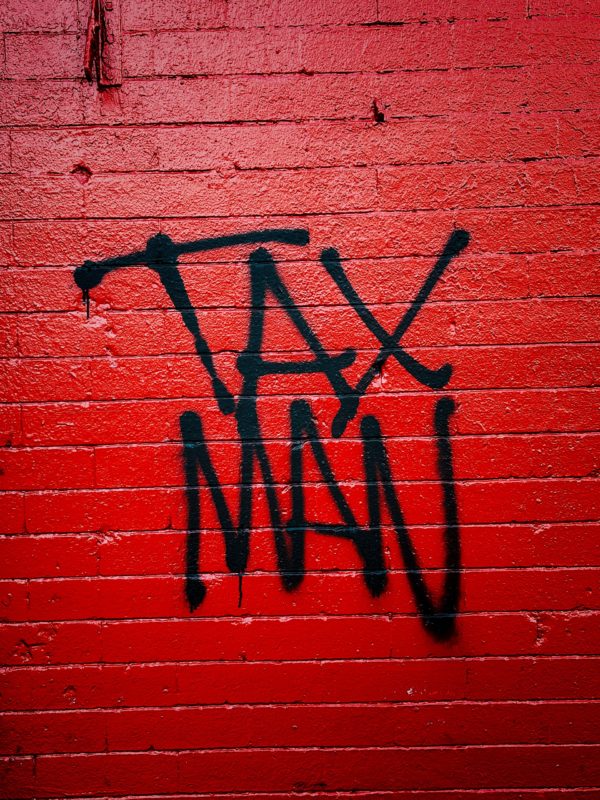As Tax Season Begins, People on Unemployment Face Owing Thousands to the IRS

Tax season has officially begun and some Brooklyn residents who received unemployment during 2020 are facing unexpectedly high tax bills for their government aid.

In July of 2020 alone, 20.5% of Brooklyn residents were on unemployment benefits. Many of those who applied had lost their jobs as a result of the COVID-19 pandemic. Both the Federal government and New York State, classify unemployment benefits as taxable income.
On Mar 27, 2020, former President Trump signed a law that provided additional unemployment insurance (UI) assistance to workers impacted by the pandemic. The law provided extended eligibility for people traditionally ineligible for unemployment benefits, an additional 13 weeks of unemployment benefits, and an additional $600 per week on top of UI.
People receiving unemployment can select to withhold 10% of their weekly earnings for Federal taxes and 2.5% for State taxes, however, many people didn’t. As a result of the additional $600 added onto traditional unemployment benefits, some Brooklynites could owe thousands to the IRS this year.
“A lot of people may have elected not to withhold tax from their unemployment benefits last year due to covid,” said Oleg Gorshkov, managing partner of OG Tax Advisors and Accountants in Park Slope.
“Even pre-COVID I saw a lot of people who are on unemployment, failing to elect to withhold tax. A lot more people did that because of COVID, because of the uncertainty, and also that application process, the department of labor website was constantly freezing. And, there was so much traffic going through it that it was difficult for most people to get in and apply for unemployment,” he added.
Some people may have felt anxiety about withholding taxes from their unemployment income, and New Yorkers who didn’t are going to be hit by both sides. Each person’s tax situation is different, but at a rate of 15-17% of unemployment income owed back to the IRS, those who did not withhold could owe up to $4,000, said Goshkov.
There are currently no initiatives in place to forgive taxes that people on unemployment owe, like the American Recovery and Reinvestment Act of 2009, which temporarily suspended the taxation on the first $2,400 of unemployment benefits. While there has been talk of a bill that would forgive the first $10,200 in unemployment benefits taxpayers received last year, nothing is set.
“The effective thing they (government) can do is potentially relieve any penalties related to paying this tax. I don’t think they have the power to waive the tax altogether, or it can be possible,” said Goshkov.
Currently, penalties for not paying monthly tax installments are at a rate of 5% per month. While we do not know yet what the government will do to help alleviate some of the unemployment taxes, people should still at least begin their filing, so they are not hit with additional late fees as the April 15 deadline quickly approaches, said Goshkov.
Figuring out what people owe now will also help people make room in their budget and give people two and a half months to set up a payment plan, said Goshkov.
“Maybe they’ll change their plans as far as budgeting is concerned. There’s talk about receiving another stimulus check so maybe people can plan to use that to pay their tax bill. I think finding out what your tax liability is, would be a big help to a lot of people,” he added.
Abby Moriarty, 26, quit her job as a temporary case manager for a Brooklyn Housing agency in March, because of the uncertainty surrounding the pandemic at the time.
“I have an autoimmune disease, so it was really risky for me to keep going to client’s houses to go to work, and my temp agency wasn’t aligned for protection for me to work from home,” said Moriarty.
“So I ended up leaving that job, because of COVID-related issues, so I didn’t think I would qualify. I applied and I did, because that was kind of protected under all the other reasons, that the unemployment package that they passed,” she added.
At the beginning of receiving her benefits, Moriarty said that withholding part of her unemployment income for taxes didn’t cross her mind. In August, Moirary began to work at a temporary job part-time. When the job was finished, she applied for unemployment benefits again.
“I went back to apply again. That time it said “do you want taxes taken out.” I was like, “Oh, no, I haven’t been getting taxes taken out this entire time,”” she said.
Moriarty has not filed her taxes yet, and is nervous to see how much she owes. Although she has enough to pay her rent, and has savings from unemployment backpay, a high tax bill will still hurt.
Some, like Erik Nilsen, who did take out taxes, are discovering the amounts withheld were not high enough.
Nilsen lost his job in corporate finance, in February of 2020 before the pandemic hit, however, COVID-19 made it impossible for him to find another job, he said.
When Nilsen initially applied for unemployment, he opted to have both state and federal taxes withheld from his income. In January of this year, Nilsen began a new job, however, now owes over $1,300 on his state income tax.
“I looked up the income tax brackets online and compared the unemployment check with was what my total unemployment was and it looks like they [government] significantly under-withheld [taxes],” said Nilsen.
“I thought that if I had the same withhold, I wouldn’t end up owing more money, over a thousand dollars to them at the end of the year. But I guess not, I find that to be very surprising, considering I was told to withhold this entire time and I’m still owing a lot of money,” he added.
Nilsen doesn’t know what solution there is to the problems surrounding unemployment taxes, however, he thinks that the government should be warning people to set aside some of their checks.
“I’m actually fortunate enough that it’s actually not really an issue for me. I know other people that weren’t even withholding this entire time and they’re preparing themselves for a huge shock,” he added.




